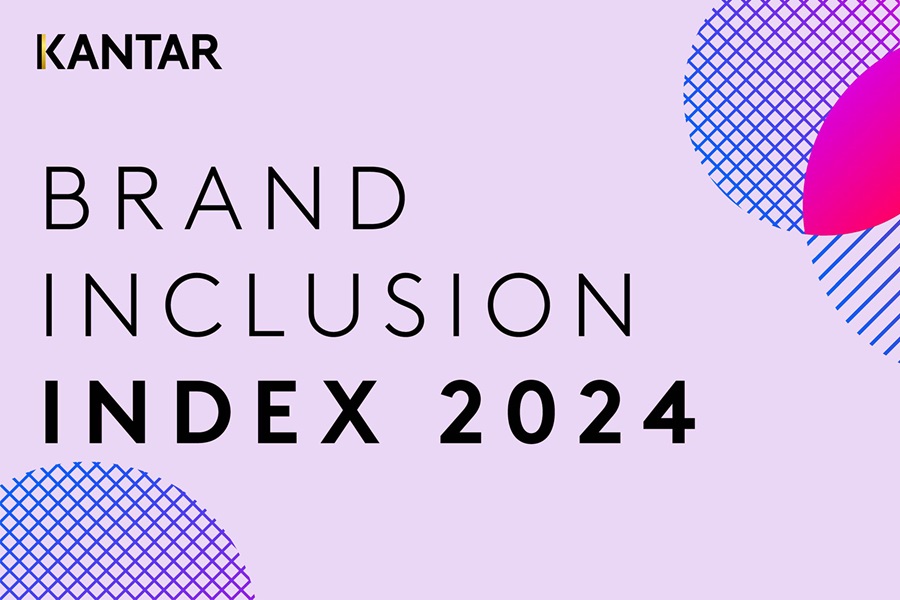
At a time marked by increasing awareness and demand for diversity, equity, and inclusion (DE&I), brands are at a critical juncture. A new study, ‘The Kantar Brand Inclusion Index 2024’ reveals that consumers from traditionally underserved communities are not only acutely aware of DE&I efforts but are actively choosing brands that reflect their values. This presents both a challenge and an opportunity for businesses worldwide.
Kantar's Brand Inclusion Index, a comprehensive survey of over 23,000 individuals across 18 countries, looks at how consumers perceive brands' commitment to inclusivity. The study focuses on four key dimensions: DE&I strategy, diversity, equity, and inclusion, measured through nine indicators. These indicators range from the representation of diverse groups in advertising and product offerings to the brand's commitment to fair labor practices and social responsibility.
Highlights from the report
Inclusivity drives brand preference: A significant majority of respondents across all demographics indicated a strong preference for brands that champion DE&I. This preference translates into tangible purchasing decisions, with consumers actively seeking out brands that align with their values.
Representation matters: Authentic representation in advertising and marketing campaigns is crucial. Consumers are quick to identify tokenism and demand genuine portrayals of diverse individuals and communities.
Action speaks louder than words: While verbal commitments to DE&I are important, consumers are increasingly looking for concrete actions. Brands need to demonstrate their commitment through initiatives that promote equity and inclusion across all aspects of their operations.
Table: Demand for inclusive brands
|
Region |
Consumers who actively seek out inclusive brands |
|
North America |
72% |
|
Europe |
68% |
|
Asia Pacific |
78% |
|
Latin America |
83% |
|
Africa |
85% |
The Kantar report emphasizes brands must move beyond surface-level initiatives and embed inclusivity into their DNA. This includes:
Developing a comprehensive DE&I strategy: Brands need a clear and actionable strategy that outlines their commitment to DE&I and guides their efforts across all areas of the business.
Promoting diversity at all levels: Representation should extend beyond marketing and advertising to include diverse voices in leadership, decision-making, and product development.
Creating an inclusive workplace culture: Fostering a workplace where all employees feel valued, respected, and supported is essential for building an authentically inclusive brand.
The Kantar Brand Inclusion Index 2024 serves as a powerful reminder that in today's world, inclusivity is not just a moral imperative, but a business imperative. Brands that embrace DE&I and authentically connect with diverse consumers are poised to thrive in an increasingly interconnected and conscious marketplace.












